India on Friday (November 14, 2025) pressed the United Nations Security Council (UNSC) to adopt “greater transparency” in its working methods, criticising the opaque manner in which requests to designate individuals and entities are rejected.
At the UNSC open debate on working methods, India’s Permanent Representative to the UN, Ambassador Parvathaneni Harish, stressed the need for clarity and accountability.
“As a UN organ whose sphere of functions covers a range of areas, but membership is limited to only 15 members, working methods of the Security Council are critical to its credibility, efficacy, efficiency, and transparency. This gains particular salience in a world beset with multiple crises and facing numerous challenges,” he said.
Highlighting concerns around listing decisions, Harish noted, “A case in point is the manner in which listing requests are rejected. Unlike de-listing decisions, these are done in a rather obscure manner, with member states that are not on the Council not being privy to details.”
He also flagged issues concerning the leadership of Council committees. “Chairs and pen-holderships of the Council’s committees and subsidiary organs are privileges that come with major responsibilities,” he said. Harish added that discussions on distributing these roles must ensure that members with vested interests are not granted such positions, stressing that “obvious and outright conflicts of interest can have no place in the Council.”
Calling for reform of the eight-decade-old Council, Harish said the focus should be on redesigning the UNSC so it is “fit-for-purpose, equipped to meet the ongoing and future challenges and discharge its functions purposefully.” He reaffirmed India’s push for expanding both permanent and non-permanent membership to give under-represented regions their due voice “through text-based negotiations in a time-bound manner.”
Quick Reads
View AllHarish also urged stronger coordination with other UN organs, saying the annual Security Council report discussed in the General Assembly must not become “a mere procedural exercise” and should go beyond simply recording meetings and deliberations.
On peacekeeping, he stressed that as the largest cumulative troop contributor, India expects the inputs of Troop and Police Contributing Countries to be integrated into mandate implementation.
He warned that mandates that have outlived their purpose must not be extended “for the narrow political interests of certain states,” noting that such continuations drain resources in a constrained environment.
Harish further called on the Council to adopt measures under the UN80 framework to improve efficiency, including introducing sunset clauses for outdated mandates.


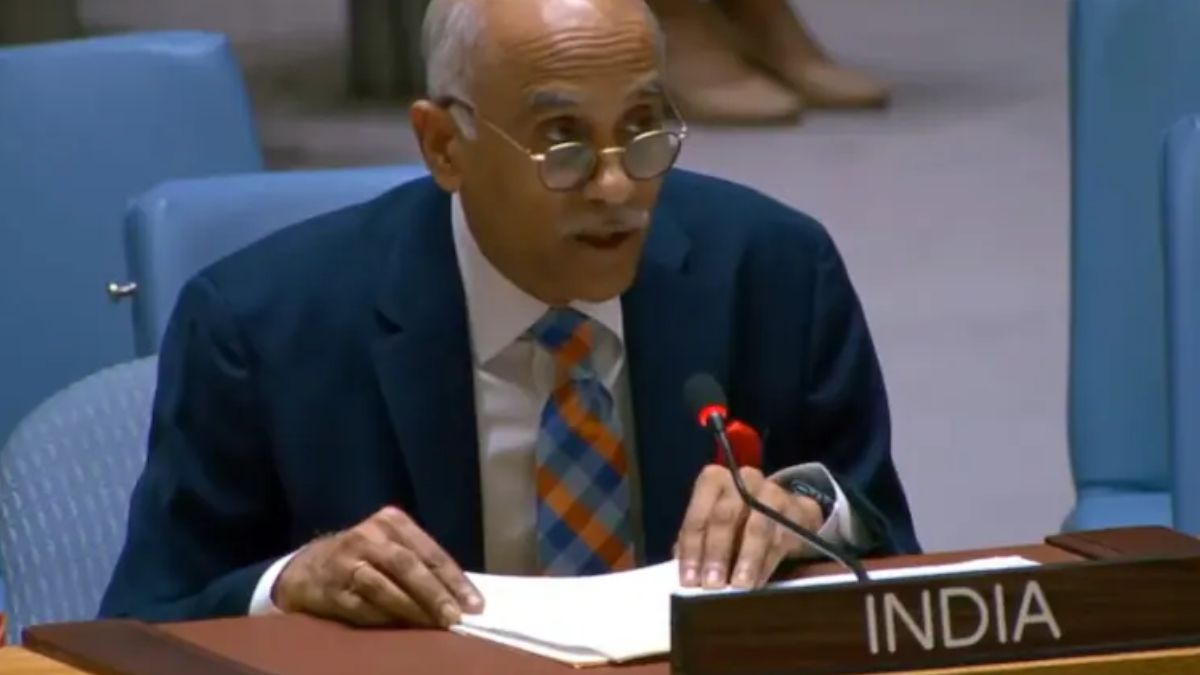)

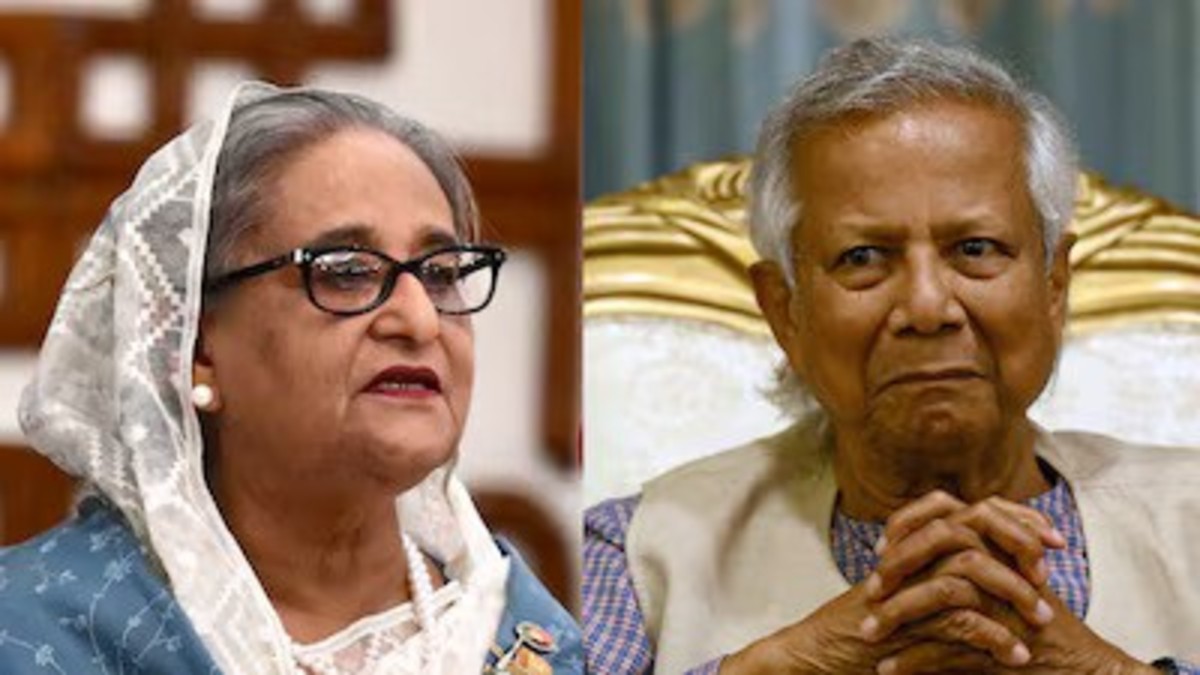)
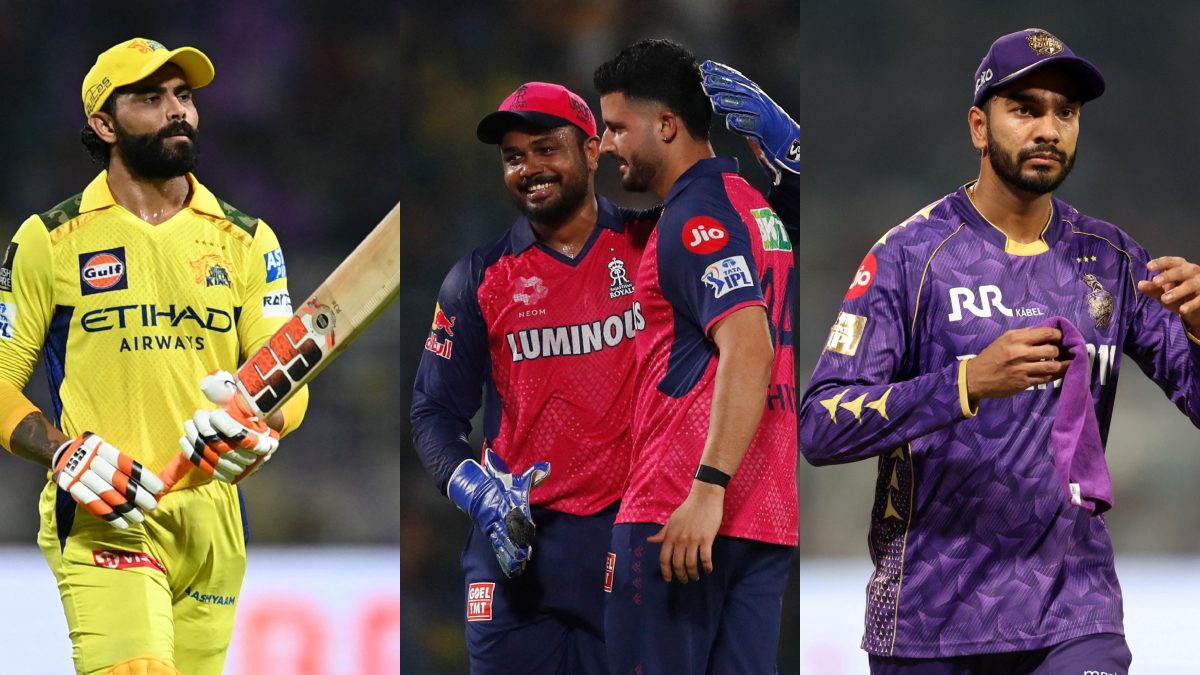)
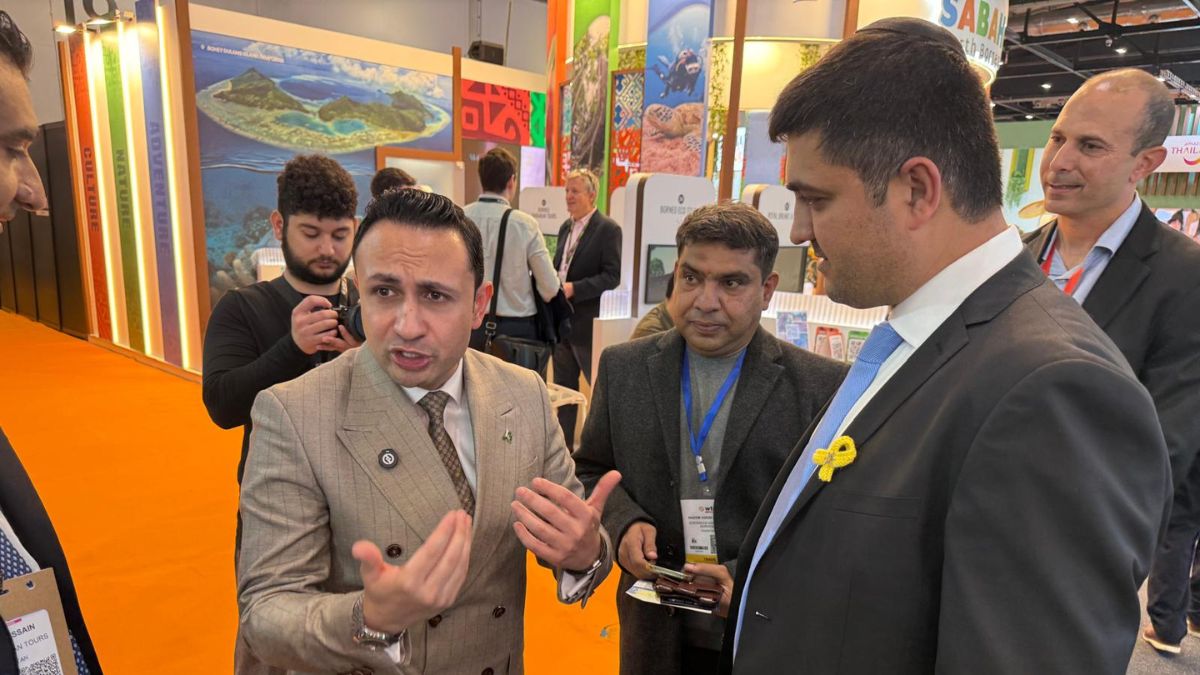)
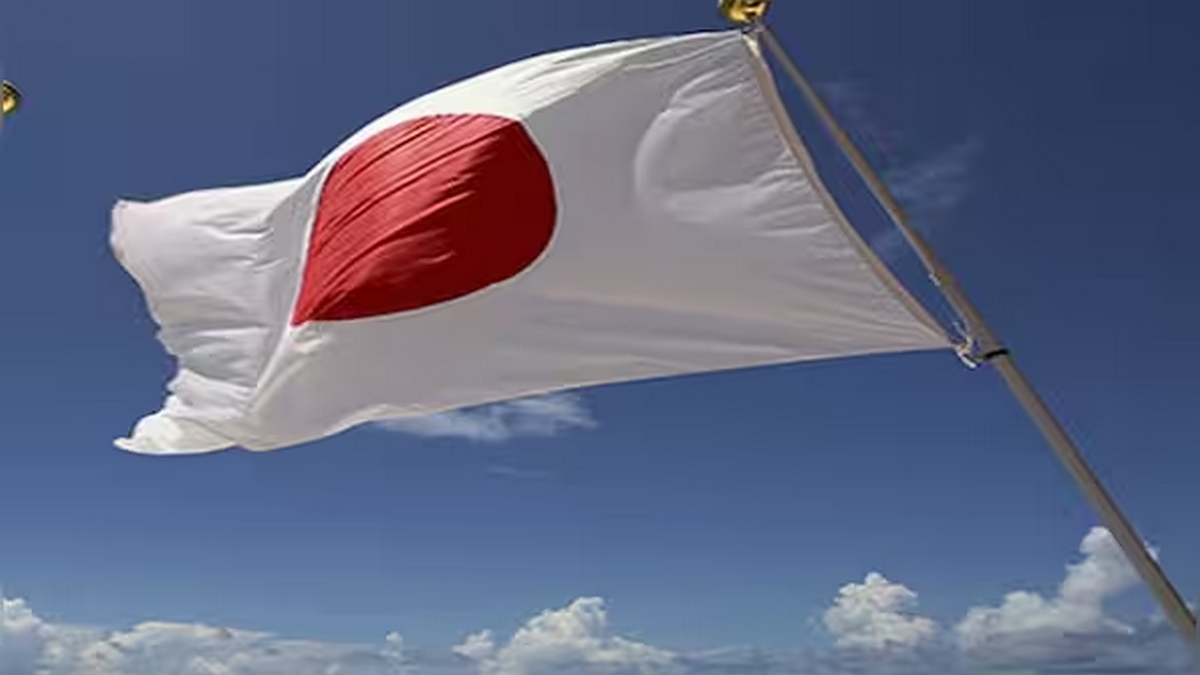)
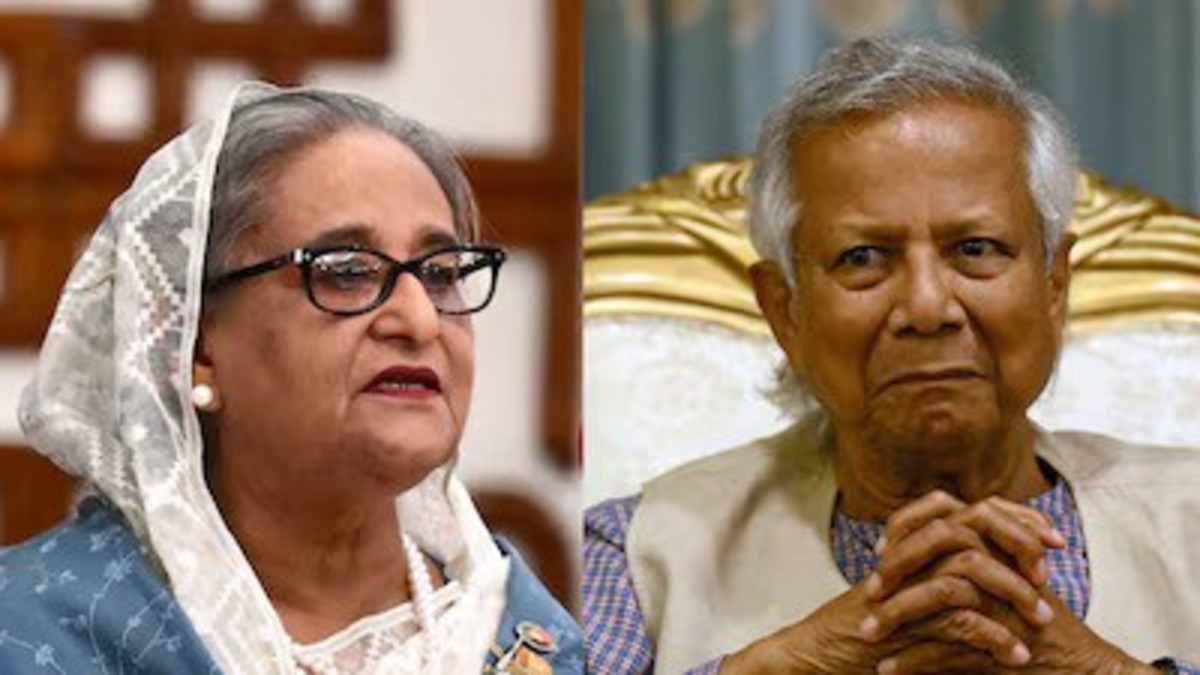)
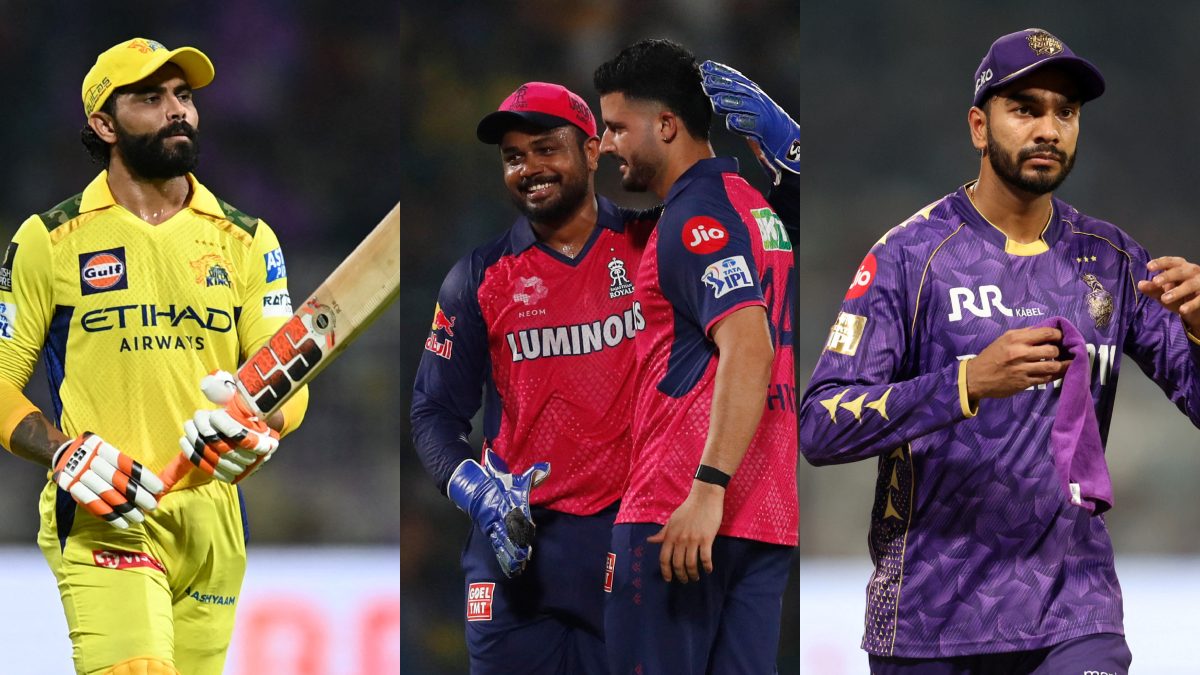)
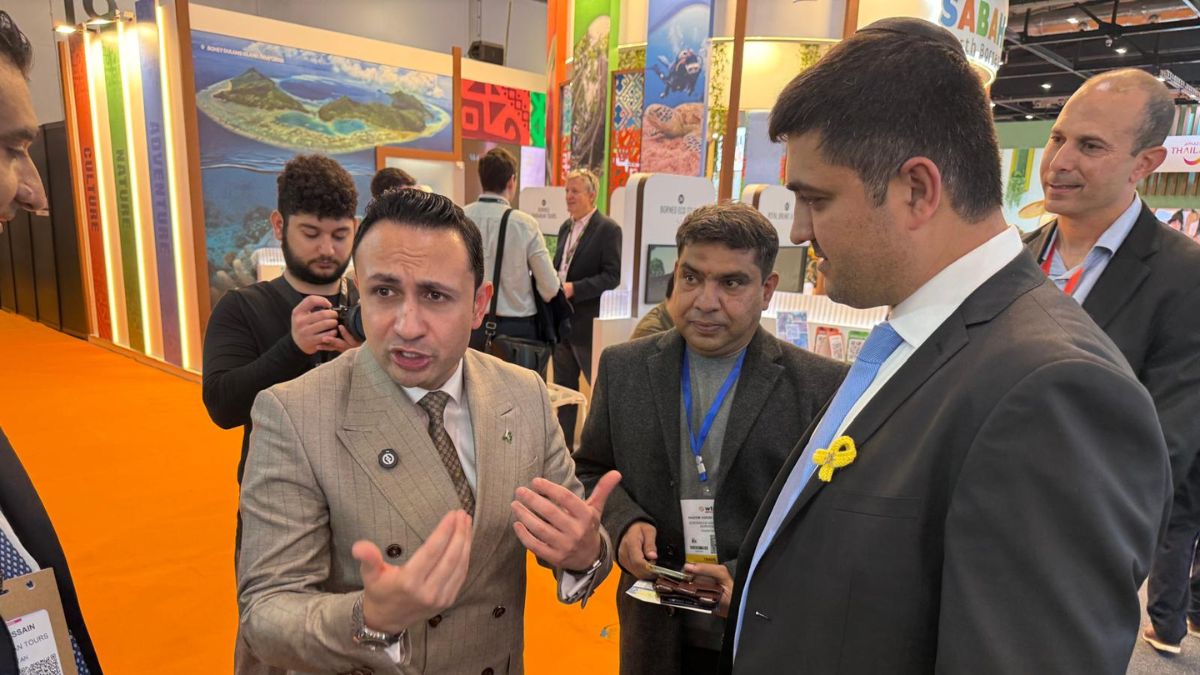)
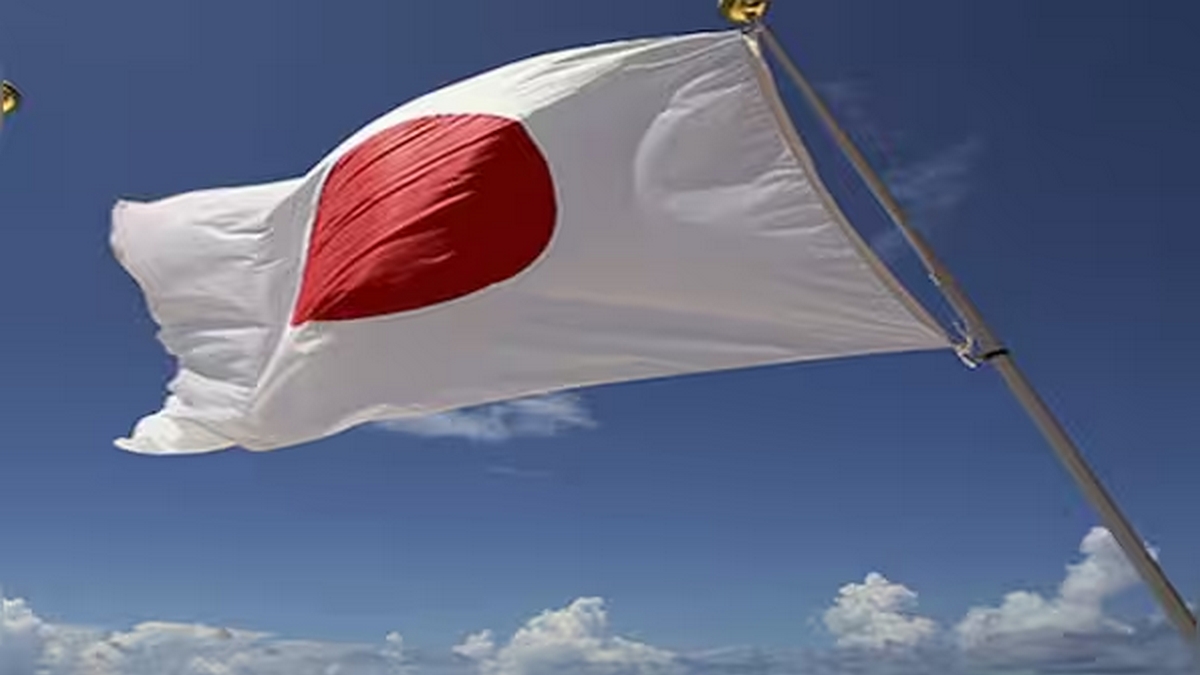)



